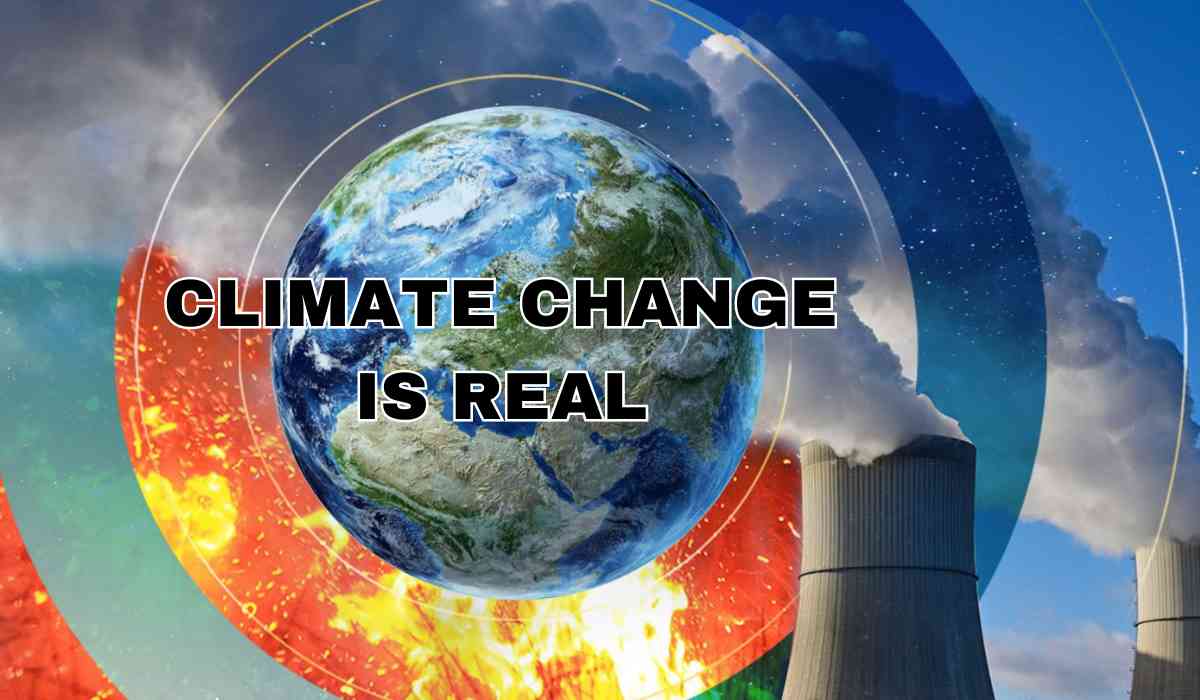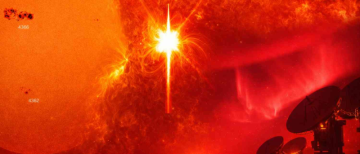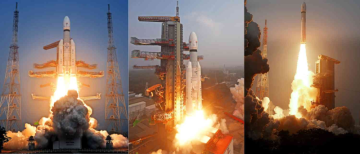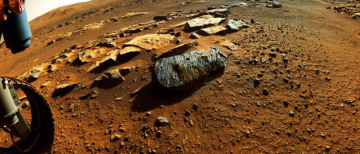Climate change has been a concern for us for so many reasons. But did you know that climate change is slowing the Earth's rotation slightly, which can make days longer?
Climate change extends its reach beyond altering weather patterns and ecological dynamics. Recent research highlights its subtle yet significant influence on time measurement systems, adding another layer to the complex web of its effects.
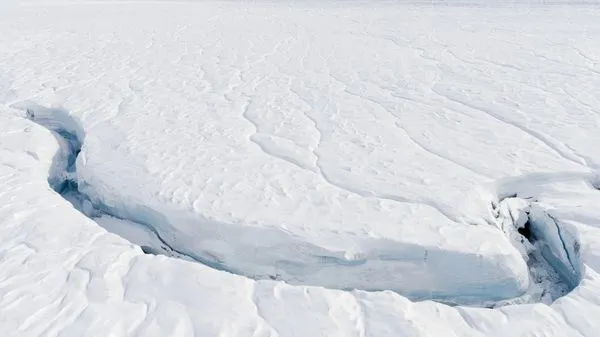
Earth's Spin: A Victim of Melting Ice Caps
- Polar ice caps melting leads to rising sea levels, triggering a subtle disruption in Earth's rotation speed.
- This phenomenon is likened to a skater extending their arms, causing a deceleration in the planet's spin.
- A study led by Professor Duncan Agnew highlights this unexpected consequence, emphasizing the interconnectedness of climate and planetary mechanics.
- The precise synchronization of timekeeping faces unprecedented challenges amidst Earth's changing dynamics.
- Traditional timekeeping methods rely on Earth's rotation, which fluctuates, necessitating periodic adjustments such as the addition of leap seconds.
- Climate change-induced ice melt accelerates this process, sparking discussions about a possible "negative leap second" to counteract the lengthening of Earth's day.
- While offering temporary solutions, such proposals reveal the complex implications of climate change on time measurement systems.

Why isn’t a day always the same length?
-
The Earth's Shape:
- Earth is commonly perceived as a globe, but it deviates from a perfect sphere.
- It is more accurately described as an oblate spheroid, flattened at the poles and bulging at the equator.
-
Earth's Composition and Rotation:
- Earth's layers, extending from its core to the atmosphere, possess distinct properties influencing its rotation.
- Consequently, Earth's rotational period can vary slightly from the standard 24 hours.
-
Factors Affecting Rotation:
- Various factors contribute to this variation, including geological events and the gravitational influences of celestial bodies like the Sun and Moon.
- Events like the 2004 Boxing Day earthquake can alter Earth's shape, affecting its rotation speed.
-
Effects of Sun and Moon:
- The gravitational pull of the Sun and Moon causes tidal friction, which decelerates Earth's rotation over time.
- This long-term effect has historically slowed Earth's spin, although recent decades have seen temporary increases in rotation speed.
-
Recent Changes in Rotation:
- Recent records indicate instances of shorter days, such as June 29, 2022, when 1.59 milliseconds were shaved off the standard day.
- Studies suggest that these variations may be linked to changes in the rotation of Earth's core relative to its surface.
-
Implications for Technology:
- While imperceptible to humans, these fluctuations pose challenges for global computer systems and timekeeping accuracy.
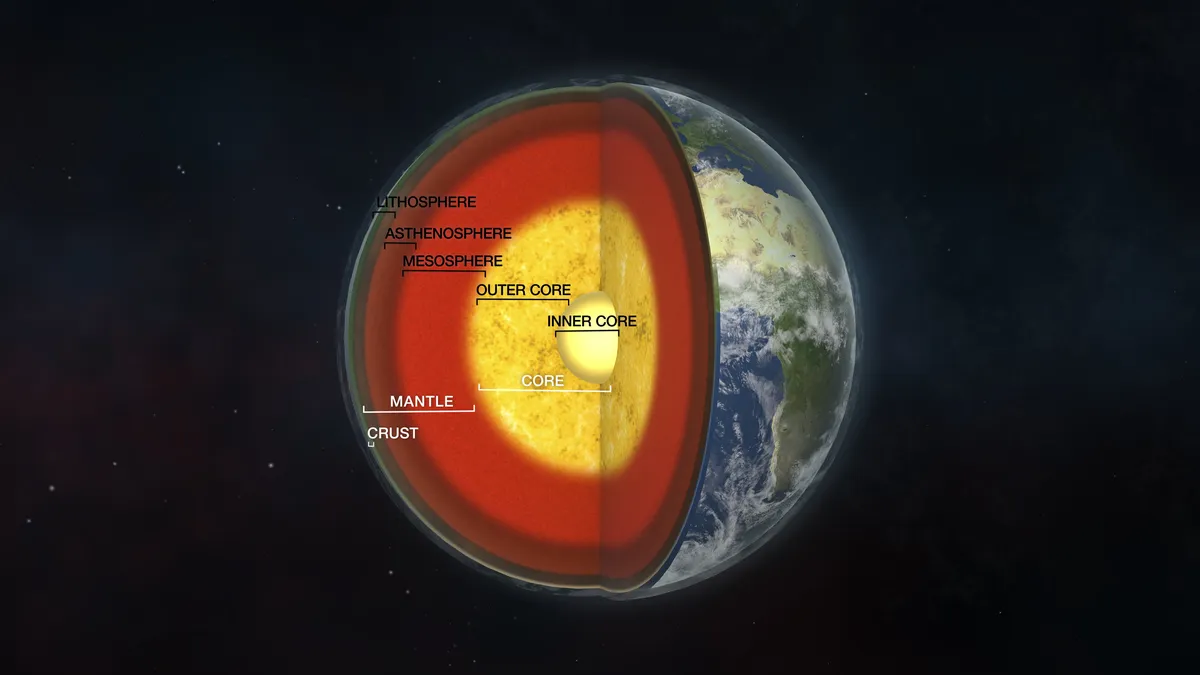
Time is relative
- Traditional timekeeping was based on the Earth's rotation, defining a second as a fraction of a day, typically 86,400 units.
- The advent of atomic clocks in the 1950s revolutionized timekeeping, as seconds were now defined by the consistent behavior of caesium atoms, offering unparalleled stability.
- Initially, international atomic time was synchronized with universal time to align with the Earth's rotation. Over time, 27 leap seconds were added to reconcile the two systems.
- Despite their subtle nature, leap seconds pose challenges for systems reliant on precise timing, as incorporating them is complex and can lead to disruptions, as evidenced by incidents like the 2015 disruptions to Twitter and Android systems.
- Compounding this issue is the Earth's increasing rotational speed, necessitating the deduction of a second from universal time to maintain synchronization with atomic time. This anticipated negative leap second, predicted around 2029, presents an unprecedented challenge.
- Climate change, by slightly slowing the Earth's rotation, has delayed the need for a negative leap second by approximately three years. This alteration may accelerate discussions about eliminating leap seconds altogether by 2035, allowing atomic and universal time to gradually diverge.
- Duncan, a researcher, hopes the findings prompt reconsideration of the leap second's removal and the exclusion of negative leap seconds from future timekeeping regulations. He predicts that, in the long term, natural phenomena like tidal friction and melting ice will likely slow the Earth's rotation, making negative leap seconds rare occurrences.
- Although seemingly minor compared to other consequences of climate change, the impact on Earth's rotational speed underscores the far-reaching effects of human activity on the planet.
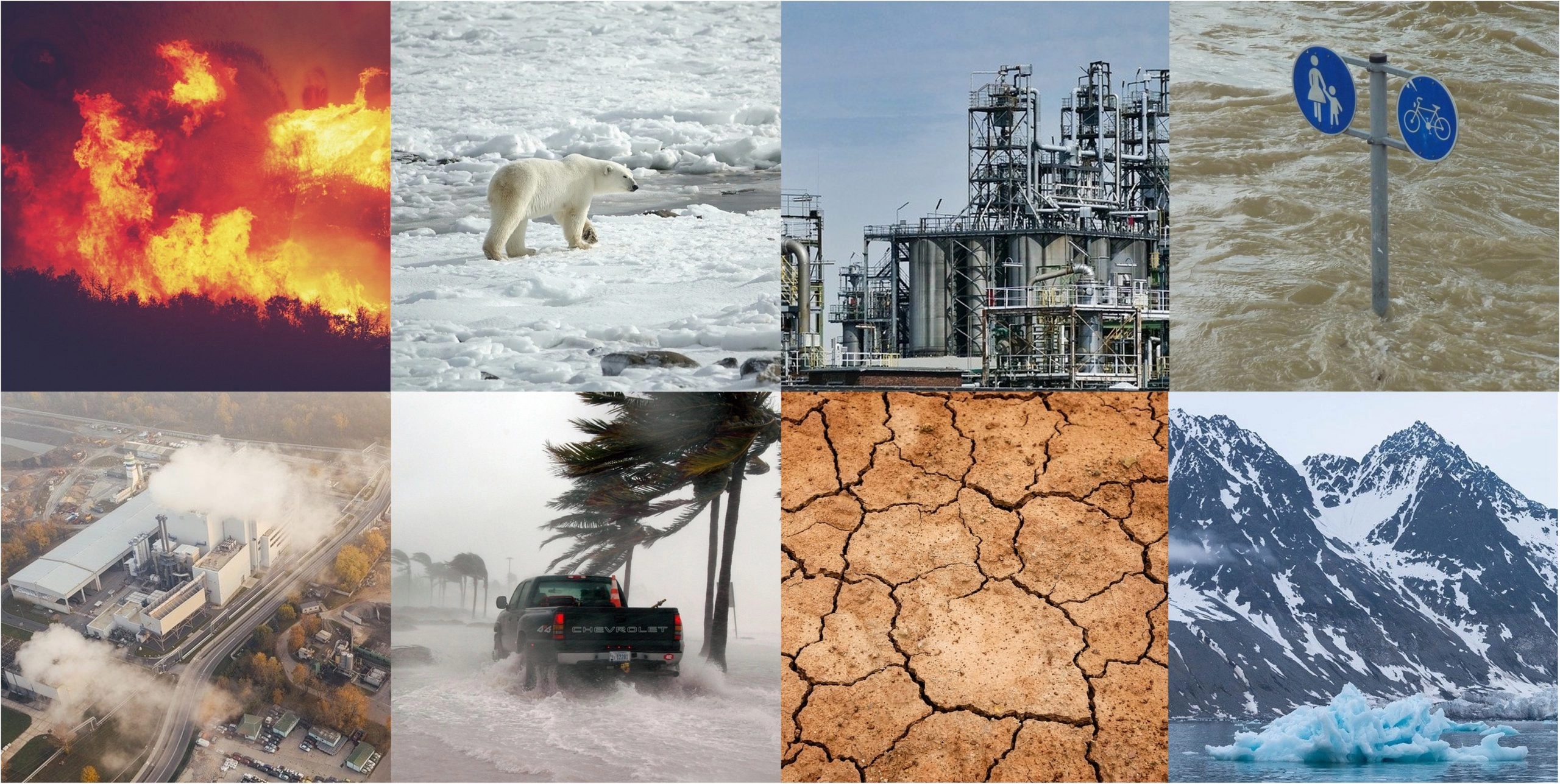
Earth is a poor time-keeper
-
Historical Impact of Earth's Rotation:
- Historically, the planet's rotation varied, affecting the timing of celestial events like eclipses.
- Before precise timekeeping, these fluctuations mainly influenced the alignment of events with ancient records.
-
Geophysical Processes Affecting Rotation:
- Jerry Mitrovica from Harvard's Department of Earth and Planetary Sciences highlights three key processes influencing Earth's rotation.
- Core-mantle coupling is significant, where changes in the core's momentum affect the mantle and crust, impacting rotation.
- The historical trend showed a slight increase in Earth's rotational period due to this coupling.
-
Impact of Melting Ice Caps:
- Satellite gravity data, analyzed by Agnew and team, indicates a decrease in Earth's angular momentum.
- Melting ice caps, particularly in Greenland and Antarctica, alter the planet's mass distribution, accelerating the decrease in outer layer angular velocity.
- This human-induced process, occurring since the late twentieth century, slows rotation by redistributing melted ice from poles to lower latitudes.
-
Implications for Timekeeping:
- The combined effect of core-mantle coupling and ice melting prompts considerations for timekeeping accuracy.
- While a negative leap second might not be necessary until 2029, technological networks may require adjustments sooner.
- Mitrovica emphasizes the urgency of updating international timekeeping standards to prepare for this unprecedented event, ensuring the smooth transition despite the disappearance of 23:59:59.

As we ponder the complexities of climate change, let's not overlook its subtle impact on time itself. From altering Earth's rotation to challenging our timekeeping systems, it's yet another reminder of the profound reach of human-induced changes on our planet's fundamental dynamics.
With inputs from agencies
Image Source: Multiple agencies
© Copyright 2024. All Rights Reserved Powered by Vygr Media.

